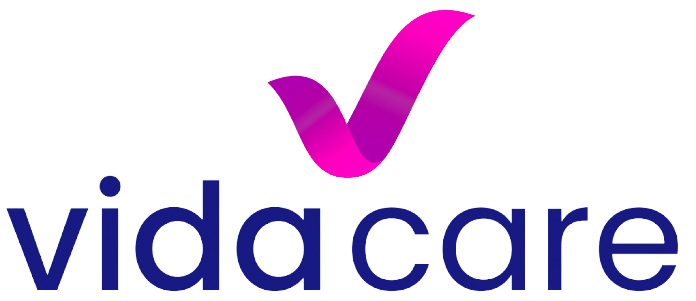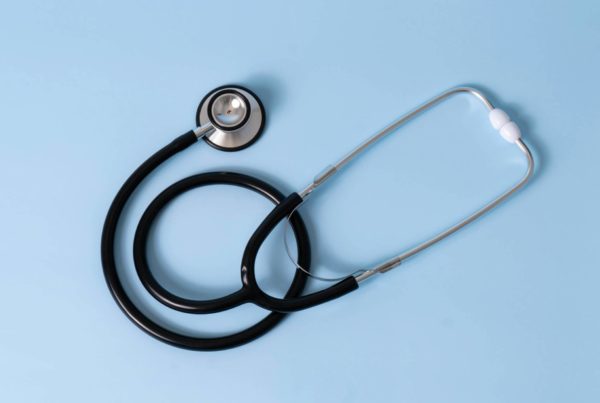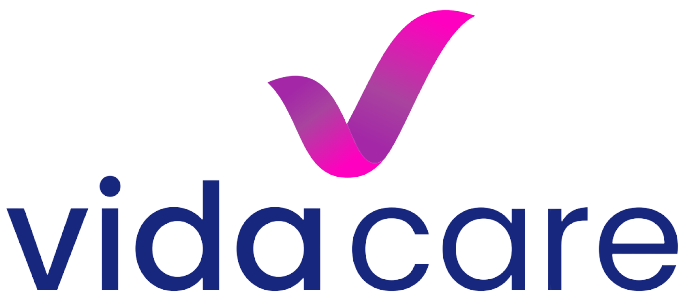As summer approaches, conducting a comprehensive health evaluation is paramount. VidaCare’s Deep Dive Health Screening offers an extensive analysis of over 100 biomarkers, encompassing critical aspects of cardiovascular, metabolic, hormonal, and nutritional health, ensuring optimal physiological readiness for an active season.
This advanced screening provides a thorough assessment of cardiovascular health, incorporating detailed lipid profiling, inflammatory markers—including high-sensitivity C-reactive protein (CRP)—and key metabolic indicators. Early identification of cardiovascular risk factors is essential in mitigating potential long-term health complications and fostering proactive medical intervention.
Book Deep Dive ScreeningComprehensive metabolic testing assesses glucose regulation, insulin sensitivity, HbA1c levels, and other key indicators to precisely gauge diabetes and metabolic syndrome risks. These insights empower targeted lifestyle and dietary adjustments to optimise your metabolic health.
Hormonal markers such as cortisol, thyroid hormones, and reproductive hormones are measured to identify stress, metabolism, and overall hormonal balance issues. Proper management of these hormones significantly enhances physical and mental wellness.
View whats included in the Deep Dive ScreeningNutritional markers—including Vitamin D, Iron, Ferritin, and B vitamins—highlight dietary deficiencies impacting overall health, energy levels, immunity, and mood. Addressing these areas proactively ensures your summer health remains at peak levels.
Medical studies indicate proactive screening significantly reduces chronic disease risks, with up to 60% of health conditions mitigable through early intervention. Regular comprehensive health screenings enable informed, proactive health management decisions.
Book Deep Dive ScreeningStudies indicate that millennials are more health-conscious than previous generations, with 80% considering health benefits when selecting foods, compared to 64% of baby boomers. Additionally, millennials are more likely to engage in regular exercise and maintain a healthy diet. This proactive approach extends to preventive healthcare, where routine screenings play a crucial role in identifying potential health risks before they escalate.
Despite this growing awareness, a recent survey found that less than half (42%) of millennials received an annual physical in the past year, and only 37% visited the dentist for routine exams. Alarmingly, 52% of women aged 40 and older did not receive a mammogram, and 16% of adults aged 45 and older skipped a colonoscopy. These gaps in preventive care highlight the need for increased education and accessibility to health screenings.






